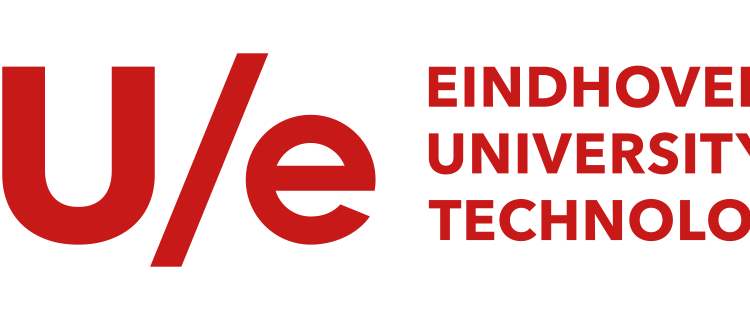Eindhoven University of Technology: Team CASA completes construction of extremely sustainable social homes
After six years of development, design, and construction, the smart and extremely sustainable CASA 1.0 building by student team CASA is complete. The building, which consists of three appartments, is located in the Helmond district of Brandevoort, in the same area where Brainport Smart District is developing the district of the future. The apartments built by team CASA are zero-to-the-metre homes (net energy consumption is reduced to zero) for social rent, and include an innovative climate system and a water basin. During the project, TU Eindhoven students worked together with construction company Hurks and housing corporation Woonbedrijf.
The concrete-free flats – made of steel and completely reusable wood – have an innovative climate system; the heat pump runs on direct current (generated by solar panels) and is mainly on in the summer and not in the winter. As a result, far less electricity is needed to heat the house. The secret behind this lies under the house: it is a 104-cubic metre water reservoir. The heat pump extracts heat from the house in the summer, which is used to heat the basin under the house. This heat is then used to heat the entire house in the cold winter months.
AVOIDING PEAK LOADS
With this system, there is no surplus energy in the summer and there is no shortage in the winter, thus preventing a peak load on the electricity grid. The energy used by the heat pump comes from the energy roof, which generates both electricity and heat via a solar panel and solar boiler. CASA 1.0 is therefore a zero-to-meter building.
In addition, the building has demand-controlled ventilation. Sensors measure the air quality and temperature, and ventilate when necessary. A complete direct-current network for the solar panels, heat pump, battery, and lighting means that no energy is lost in the conversion from alternating current to direct current.
The service core is located in the heart of the house. Photo: Rien Boonstoppel
THE SERVICE CORE
The heating and various technologies come together in the heart of the house: the service core. For all systems to communicate with each other and be controlled, Team CASA designed the control technology themselves, and thus created not only a sustainable house, but also a smart house.
On the architectural side of things, there is also a lot of attention paid towards sustainability. For example, the facade cladding is made of bamboo. This material is CO2-neutral and completely maintenance-free as well as being fire-resistant. Furthermore, the house consists of separate modular units, which do not require any ‘glue’ (such as concrete) during assembly. Team CASA deliberately does not use concrete because of its negative impact on the environment.
FIRST RESIDENT
Team manager Antoine Post has been the first resident of one of the CASA 1.0 apartments for a few months now. Woonbedrijf will rent out the other two flats. Antoine is happy with the result. “We had some delays, partly due to longer delivery times of building materials, but our goal was to develop a sustainable, comfortable, and affordable home. We succeeded!”
[Translate to Engels:] De binnenkant van CASA 1.0. Foto: Rien Boonstoppel
Along with former student Pau Brossa Rodriguez, Post has now founded his own start-up: Integer Technologies. Together with construction company Hurks, this start-up will continue to scale up and commercialise the concept and optimise the next version (CASA 2.0). Integer Technologies will focus mainly on designing and linking the installations, while Hurks will develop the construction part. Woonbedrijf is following this further development with interest.
The student team itself has also found a new challenge. The students are going to apply the CASA principles to hydrogen. They are investigating how you can go from generating electricity using biomass to electricity generated with hydrogen.
EUROPEAN FUND FOR REGIONAL DEVELOPMENT
The CASA 1.0 project is co-financed by the European Regional Development Fund under OPZuid, the Eindhoven Metropolitan Region, and a contribution from the North Brabant Economy and Innovation grant scheme. Further development is co-financed by a Top Sector Energy Grant (Demonstration Energy Innovation) from the Ministry of Economic Affairs and Climate Change.

